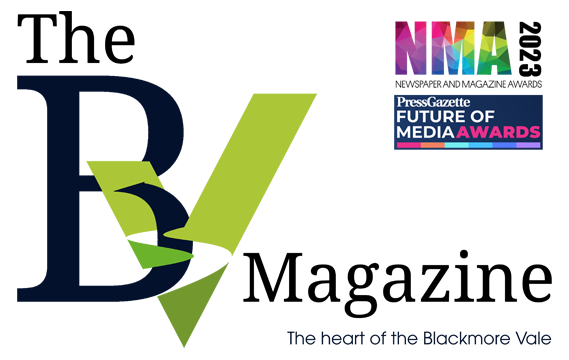A few weeks ago I logged in a little late for a Zoom call to discuss a local issue with some Parish Councillors. I explained that a Select Committee meeting overran. After the meeting I received an email from one of the attendees asking me what a Select Committee was. So, I thought this month I would answer that question.
Select Committees were set up by Mrs Thatcher in the early 1980s. Chairmanships were allocated to
the main Parties according to the broad balance of their number of MPs. Chairs, and members (which are also allocated according to reflect the balance of the House) were appointed by the respective Chief Whips.
Events have moved on and the Committees are more democratic. Chairs are elected by all MPs, while members are elected by their own Parties. Both elections take place with a secret ballot.
The introduction of elections rather than appointments has made the Select Committees more independent of Government as they can no longer be stuffed with pliable MPs who will do the bidding of their respective Whips. This is great news for those who serve and an obvious nightmare for the Party Managers.
Each Government Department is shadowed by a Select Committee. It has been my very great
privilege to have been elected by MPs across the House to Chair the Northern Ireland Affairs Select
Committee twice, in 2018 and 2020. We shadow and scrutinise the Northern Ireland Office and follow with interest (but with no scrutiny powers) the workings of the devolved NI Assembly at Stormont.
In order to ensure my Committee is as balanced as possible my Party provides two seats to the Unionists while Labour has allocated seats to the Alliance Party and the SDLP. Before the 2019 election
there were only DUP members taking their seats in Westminster (Sinn Fein continue to absent themselves). Following the election of SDLP and Alliance MPs the Committee is now better balanced, and our discussions more robust, as we are able to accommodate both unionist and nationalist voices representing NI constituencies.
So, what do we do? We meet weekly, in public, when the House is sitting and hold a variety of Inquiries. Recent work has covered the NI Protocol, Legacy of the Troubles, Tourism and Historical Abuse. We take evidence from interested parties, these can include academics, civil society, local government, trade bodies and the like. We have our own secretariat of House of Commons Clerks who keep me as
Chair on the right side of the rules.
We are able to summon witnesses, and we have held two very important sessions with the Secretary of State and Michael Gove regarding post Brexit trading.
Our Inquiries are published and then submitted to Government, which then responds to them in another public document. Inquiry Reports can be presented on the floor of the Commons. We visit Northern Ireland regularly and the Republic at least once a year. Over the last weeks I have had a briefing meeting with our new Ambassador to Dublin, and with President Trump’s NI Envoy. The position of Chairman also includes a great deal of media work, never more so than with the NI Protocol being front and centre.
As Chair of the Committee I also sit on the Liaison Committee. This is the ‘senior’ scrutiny Committee
of the House and deals with a lot of House business that never hits the airwaves. Our only meeting that does is when the Prime Minister comes before us for cross examination. This takes place around three times a year.
I hope the above has been of some interest (if not my apologies). The Select Committees are an extremely important part of in-depth Government scrutiny and play a vital role in our democratic
function. Long may they continue!
by SIMON HOARE MP


